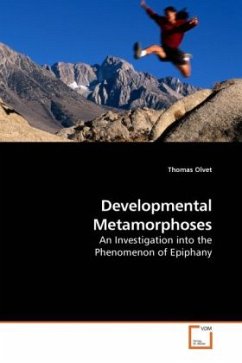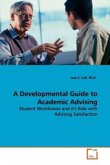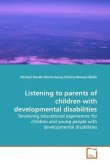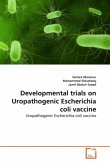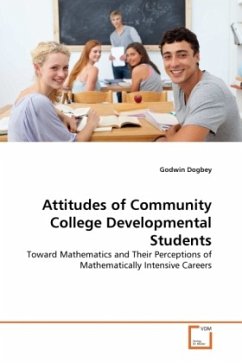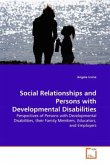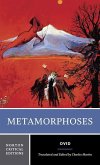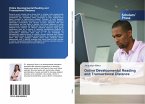Learning through epiphanies, especially those not born out of dire crises, can be exciting, hugely satisfying, and life-validating ways to augment the significance of a lesson. In a moment of clarity, they have the ability to transform knowledge into wisdom, to provide a sense of interconnectedness within the grander scheme, and to contribute instant resolutions to persistent dilemmas seemingly irresolvable by less extraordinary means. This book represents an investigation of epiphanies as they occur in lived experience. Its primary goal is to address the question, What does it mean to have an epiphany? Using verbatim testimony from 16 first-person accounts of the experience, fundamental questions about the phenomenon are addressed. Who has epiphanies? What triggers the experience? What is the value of experiencing an epiphany? Can epiphanies be engineered? The book is intended for anyone who has an interest in the phenomenon of epiphany. It is of particular relevance to researchers and practitioners in education who are passionate about understanding and facilitating deep-learning experiences.
Bitte wählen Sie Ihr Anliegen aus.
Rechnungen
Retourenschein anfordern
Bestellstatus
Storno

